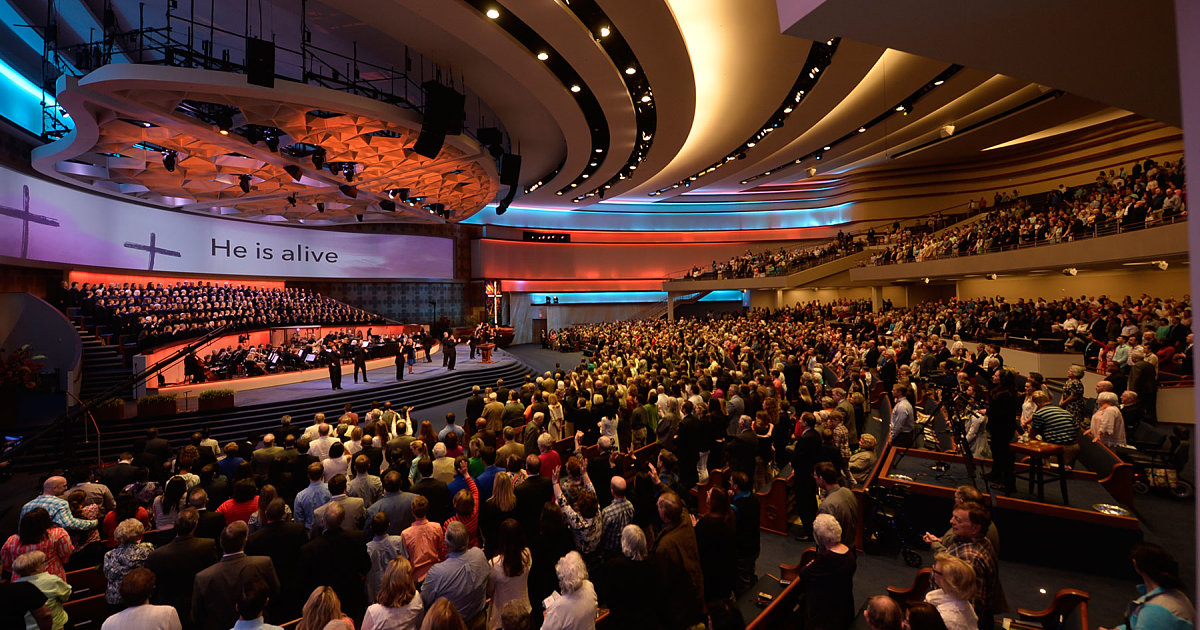The liturgy started sleepily this fourth Sunday in Advent, people trickling in later than usual. A traffic jam made traveling downtown to our Anglican parish especially difficult. It turned out the standstill was caused by the Secret Service. As we, like the Magi, made our way to Christmas, the Maga were making their own pilgrimage, following a reality star turned politician to First Baptist Dallas. There, the 45th President was met with adulation and praise.
Login to read more
Sign in or create a free account to access Subscriber-only content.
Topics:
